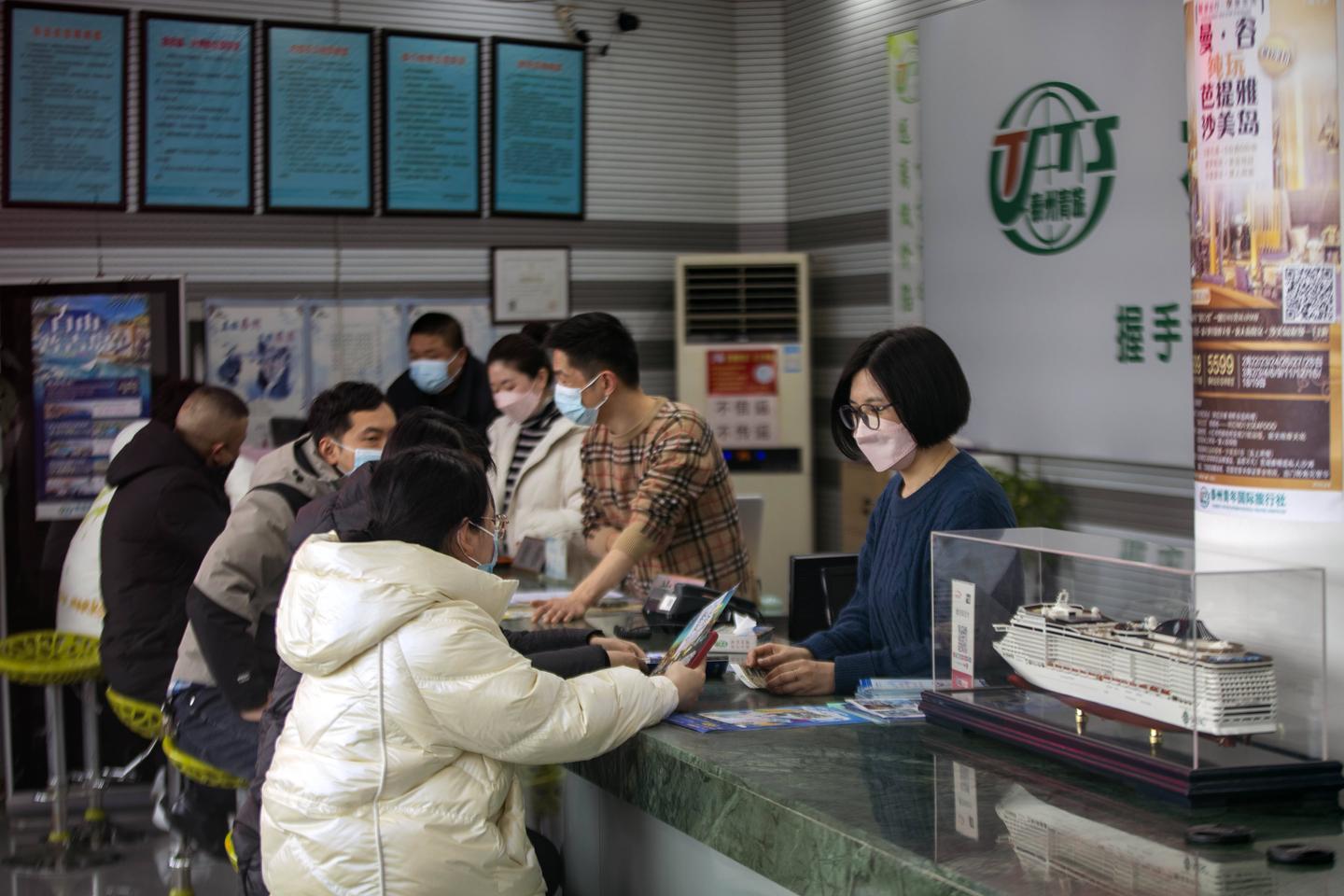Travel
Foreign travel of Chinese citizens tightly controlled by CCP

For an increasing number of Chinese citizens, spontaneous international travel is no longer feasible due to restrictions on personal passport possession. Passports are now often held by their place of employment, and individuals must formally request permission from their employer whenever they plan to travel abroad.
This policy has long applied to the Chinese Communist Party (CCP) officials, particularly those in charge of government administration and state-owned enterprises. Now, however, it has started to affect more and more public sector employees, right down to ordinary schoolteachers. Its expansion has raised questions among the Chinese people, who have been asking themselves practical questions: Is it really possible to get one’s passport back? How quickly? For how long? And also, why has such a hardship been imposed in the first place?
After CCP officials and local political leaders, most civil servants, even in the lower echelons of the hierarchy, have now had to hand in their travel documents, as have, over the course of a second phase, employees of state-owned enterprises. Employees of banks − since they are state-owned − teachers down to the smallest classes, as well as doctors in hospitals, have been increasingly affected since 2018.
“I’m not a civil servant, I have access to absolutely no state secrets. Why do I have to hand in my passport?” said Wang, a doctor at a public hospital in Inner Mongolia. When she was informed of this measure by the establishment a few days ago, she was given no explanation. “I doubt that simply telling my supervisor that I want to travel would be enough to convince him,” she said.
‘We’re talking about a lot of people’
Although officials haven’t publicly explained the policy, the government often cites national security concerns, warning against potential infiltration by hostile foreign forces. Under Xi Jinping, the Communist Party is increasingly wary that the greater openness associated with economic reforms could lead to political instability, prompting tighter societal control measures.
Since 2014, the president has promoted the concept of a “holistic approach to national security.” The environment has become increasingly circumscribed, even for those absolutely loyal to the lone party. Since opening an account on the WeChat platform in the summer of 2023, the Ministry of State Security has posted regular examples of risks, including that of being recruited by enemy intelligence services during a routine stay outside China.
You have 62.92% of this article left to read. The rest is for subscribers only.







